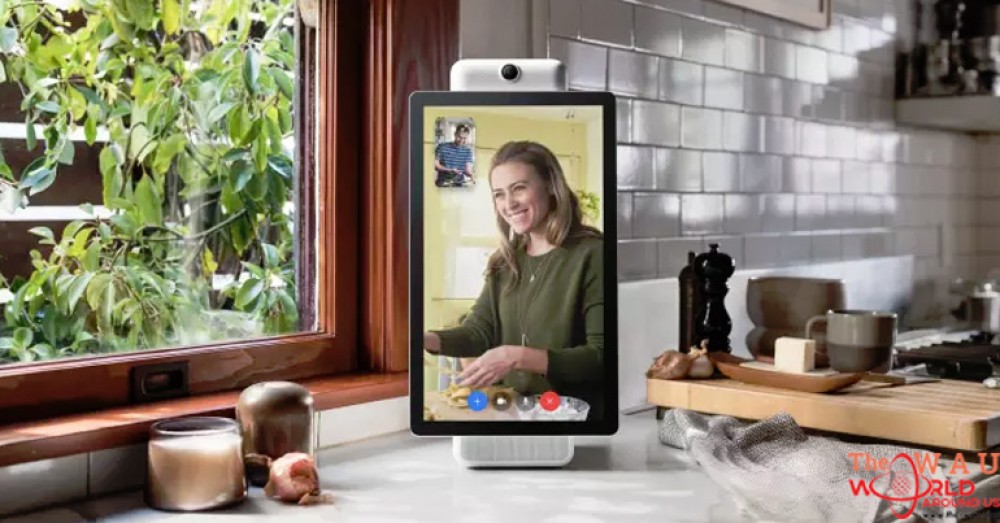Facebook has launched its own video-calling device dubbed the Portal, making a bid for people’s living rooms despite renewed concerns about users’ privacy.
The world’s largest social network is hoping the voice-controlled hardware will help it keep its billions of users relying on the app to stay in touch with friends and family.
The Portal will let Facebook users video call as they walk around their house, using artificial intelligence to zoom in and out to focus on them, which the company says makes the experience more like “hanging out”. Facebook users will also be able to call people on the social network, whether or not they own the device.
As a result of Facebook’s first major partnership with Amazon, the Portal can also operate like a smart speaker. Users can ask questions of Alexa, by saying: “Hey, Portal”. Amazon already has partnerships with other smart speaker makers, such as Sonos.
The Portal will nevertheless compete with Amazon’s Echo Show, which has a video screen. Neither of the smart speakers made by Google or Apple have screens.

The company stressed on Monday that the Portal was designed with privacy in mind, after Bloomberg reported earlier this year that the launch of the device had been delayed after revelations about a massive data leak to Cambridge Analytica.
But Facebook is now dealing with further fallout from a separate serious security breach, which may have exposed the data of up to 50m Facebook accounts.
“Facebook doesn’t listen to, view, or keep the contents of your Portal video calls,” the company said in a blog post on Monday. “Your Portal conversations stay between you and the people you’re calling. In addition, video calls on Portal are encrypted, so your calls are always secure.”
The Portal’s camera and microphone can be disabled with one click and it does not use facial recognition, the company added. The smart camera and sound technologies run locally on the device instead of on Facebook’s servers.
Carolina Milanesi, a consumer tech analyst at Creative Strategies, a research firm, said it was “strange timing” to be asking people to add a Facebook-enabled gadget to their home. But she added that if Portal is well received, people might end up using it for more than just social media.
“I look at this as a way for Facebook to learn about the move to ambient computing,” she said. “If the trend continues and we are going to end up spending less time interacting with our phones in the home, then Facebook must be ready.”
The Portal is available for pre-order in the US in two sizes, with shipping starting next month. The smaller device, with a 10-inch display, will cost $199, while the larger device, with 15.6-inch screen, will be priced at $349.
Facebook previously experimented with other ways to reach users more directly, including the failed Facebook Home, which was rolled out five years ago and took over the home screen of an Android smartphone.
Share This Post















